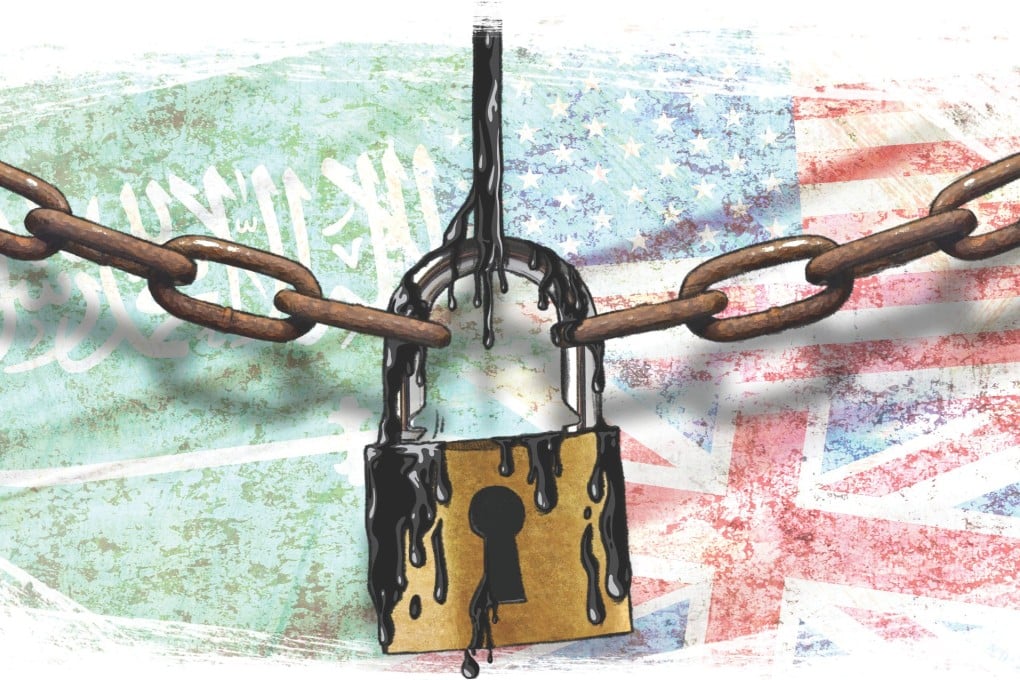Even before King Abdullah's death, the Saudi-US relationship was rapidly changing
America's need for foreign oil is declining, while impatience with Saudi Arabia's ways is growing, shaking a once-tight relationship

It would be far-fetched to des cribe the United States and Britain's long-term relationship with Saudi Arabia as a love affair, although the elements of romance, blind infatuation and lustful mutual gratification have never been entirely absent.
But what has become painfully clear from the furious row over the sycophantic official reaction in Washington and London to the death, this month, of King Abdullah is how much the relationship has changed, at least on the West's side of the bed.
As is common in such awkward situations, the outward trappings of the relationship appear undisturbed, for now at least, as shown by Barack Obama's homage to Abdullah in Riyadh on Tuesday. But the ties that bind are shredding. In reality, the magic and the meaning have fled.
In fact, the whole unreformed Saudi-West situation grows ever more embarrassing - and is thus ever less likely to endure intact.
Intent on offering his condolences and meeting Abdullah's successor in person, Obama led an exceptionally high-powered delegation to Riyadh that included former secretaries of state, past presidential candidates and senior military commanders. Britain had already sent David Cameron and Prince Charles.
Yet when asked to justify this level of attention and, for example, the flying of flags at half mast on government buildings, Downing Street was hard put to explain its stance. Saudi Arabia was an important ally and economic partner came the muttered reply from No 10, and others. This kneejerk diplomatic kowtowing, embedded in the thinking of a cold war, 1980s world that no longer exists, looks increasingly anachronistic and warrants close scrutiny.